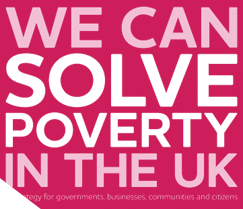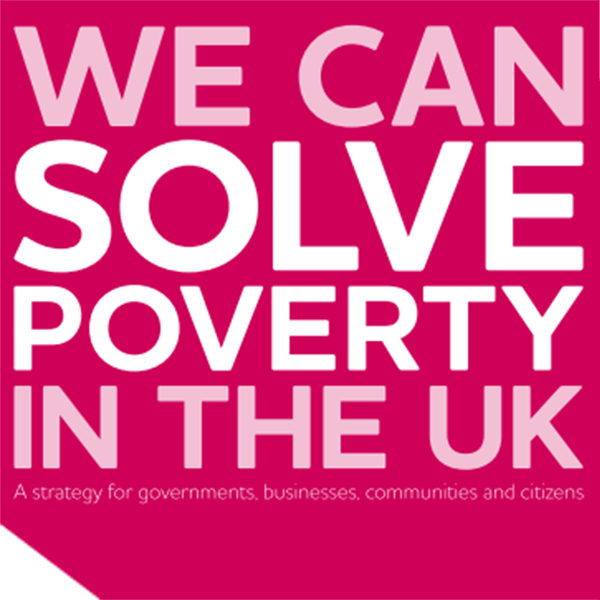
Poverty and mental health
Solving UK poverty: an inspiring vision
The figures published by the Joseph Rowntree Foundation today in its groundbreaking report on solving UK poverty are heartbreaking to read. Thirteen million people are living in poverty in today’s Britain – and it costs our economy some £78bn in healthcare costs, lost earnings and other social impacts like higher crime.
The report also shines a spotlight on the complex relationship between mental health problems and poverty, which Money and Mental Health are working to break.
As JRF explain, mental health problems make escaping poverty more difficult: people with severe and enduring mental health conditions have the lowest employment rate (10%) of all disability groups. And living in poverty can have a profound impact on wellbeing, in particular triggering or worsening common mental disorders like anxiety and depression.
Children living in poverty are as likely as those whose parents have mental health problems to experience their own mental health problems: most troubling of all are the prospects for those children growing up with both an unwell parent and an income below the poverty line.
But what’s compelling about JRF’s approach is that they are undaunted by the scale of the problem. Speaking today, the chief executive Julia Unwin was inspirational in her determination to see change. She set out a host of policies that together would build a country where no one is ever destitute, less than 10% are in poverty at any one time and no one remains in poverty for more than two years.
That’s a vision Money and Mental Health can strongly endorse.
Our ambition is to break the devastating link between financial difficulties and mental health problems. That means ensuring people can live with, and recover from, mental health problems without being plunged into a financial crisis. But it also means protecting the mental health of those in financial difficulty.
What policy makers might call “routes out of poverty” can be loosely translated as hope. Financial difficulty is stressful. It has an impact on your cognitive capacity equivalent to losing a whole night’s sleep. But in the short term, it can be survivable. So often, it’s the grinding hopelessness of a life in inescapable poverty that destroys wellbeing. JRF’s report is a timely reminder of the vital importance of building opportunity, investing in support, and offering a helping hand to those in adversity.
If you have personal experience of these issues, please join our research panel, to help us break the toxic link between financial difficulties and mental health problems. If you work in mental health or financial services, you can join our professional network,
